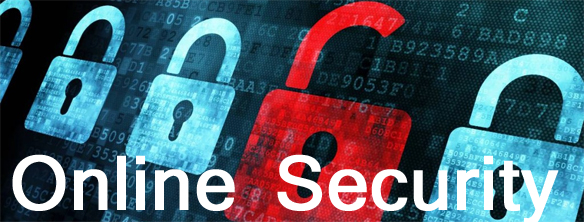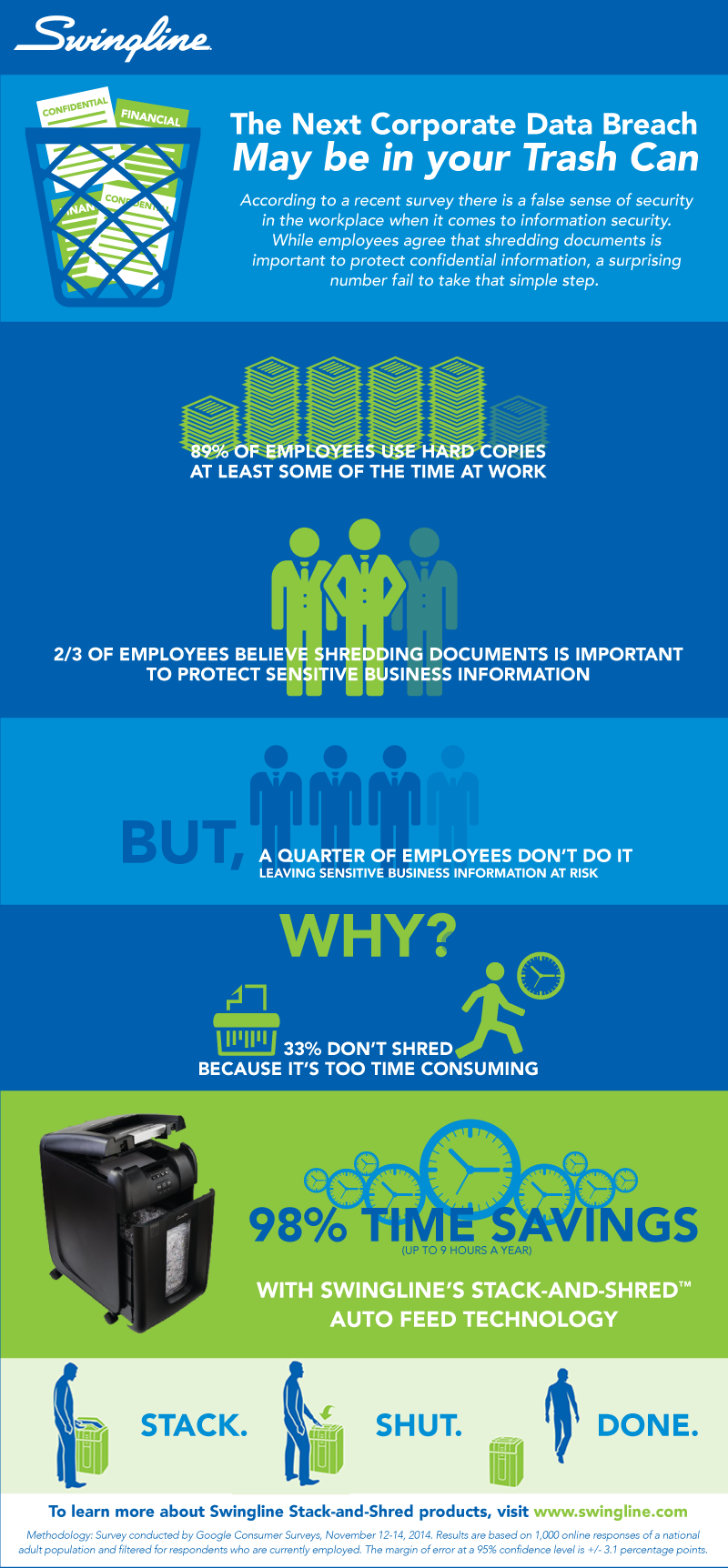
For centuries people have worn out their bodies on equipment designed to make life easier or work more productive. Over the years the prolonged and repetitive motion of sewing machines, looms, typewriters, assembly lines and other “modern” devices have brought long-term circulation and back problems to millions.
Now that we’ve replaced mechanical equipment with electronic, we face similar health issues especially with our increasing use of mobile devices. Tablets and smart phones force us to unnaturally crane our neck to read tiny screens and tap on tiny keys. It’s no wonder many of us suffer from tired eyes, sore shoulders and aching backs. But there’s good news. You can avoid “vulture neck” and other hazards by adopting a few simple habits when using your mobile device.
Tablet Tips
Buy right. Don’t buy a larger screen than you need if a smaller, lighter model will do. Be sure to test the brightness of the display, especially if you’ll be using indoors and out.
Straighten up. The problem is how these devices are held. Your non-dominant hand holds the tablet, while the dominant finger touches the screen, clenching the other fingers so they don’t accidentally touch the screen. Although tablets are usually very light, even one weighing a few ounces can cause strain when used for long periods. Practice the same good posture you use for your computer: feet on the floor, shoulders and neck relaxed, arms to your side and back supported by a chair.
Adjust your seat. Part of the “vulture neck” comes from placing your tablet below your field of vision when seated. Adjust your seat so the screen is at or just below your field of vision when holding your head and neck comfortably.
Raise it. Keep your tablet raised to eye level by placing it on a table instead of holding it in your lap. Keep it propped up with a stand that allows it to stay upright. If you must hold it in your lap, or are reading while lying down, use a pillow to raise it up and bring the screen closer.
Consider a keyboard. Tablets are made for convenience and portability, not for creating big documents or inputting large amounts of data as they don’t promote good posture or comfort. For that type of work use a laptop or desktop. If a tablet is your only option, adding a keyboard and mouse will decrease strain.
Keep moving. They call these mobile devices so you should move around, stretch, change positions and take frequent breaks to keep your muscles from cramping up and to keep your circulation flowing.


